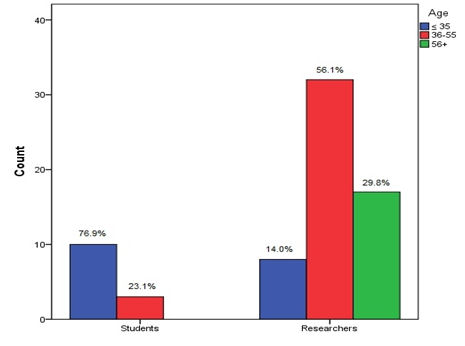Schema.org: an enhanced display of search engine results and much more
In this article, we describe the main characteristics of Schema.org, the vocabulary developed in 2011 by Google, Bing, Yahoo! and Yandex to mark up webpage content and thus make data recognizable and understandable to search. We present the main application of Schema.org today, which is to enhance information about a webpage that is displayed in a search engine’s results. We then look at the main principles of the structure of Schema.org (classes, properties, values, etc.) and the coding formats that it accepts. In addition, we explain how to mark up webpage content with Schema.org, and describe who uses, maintains and develops this vocabulary today. Finally, we briefly assess the advantages of using Schema.org, as well as the potential applications of this vocabulary in the improvement of searches and search engine results (greater accuracy, more functionalities, etc.); the development of web semantics; and the area of website ranking (search engine optimization, SEO).

